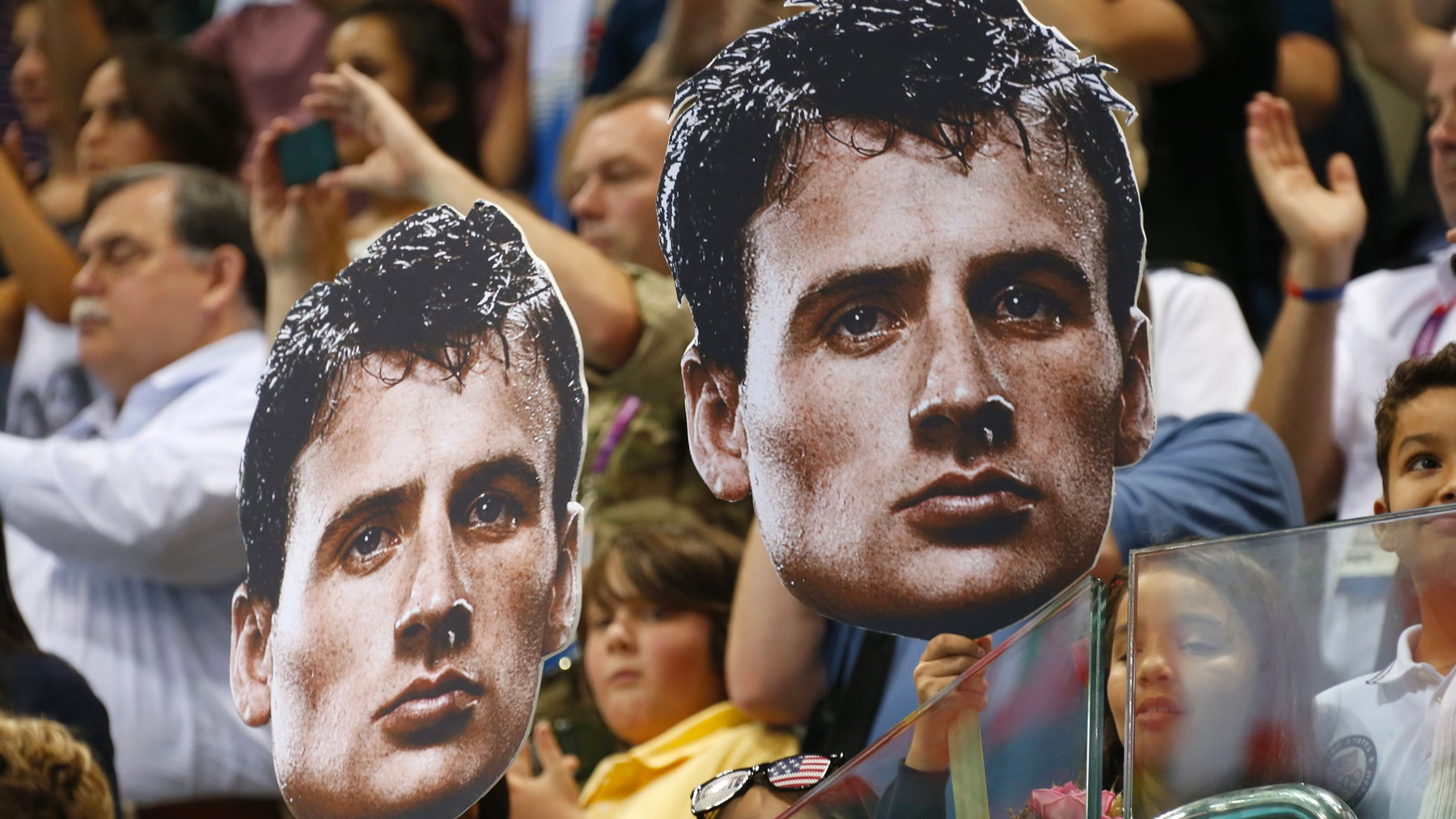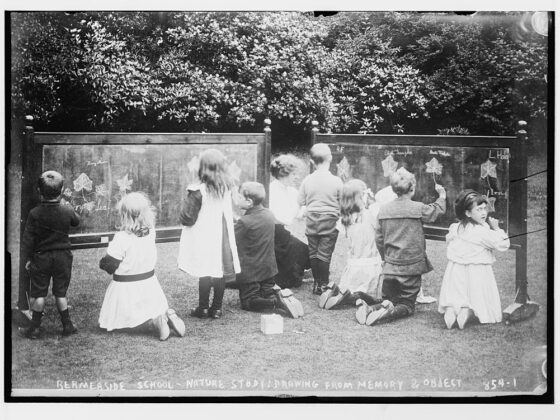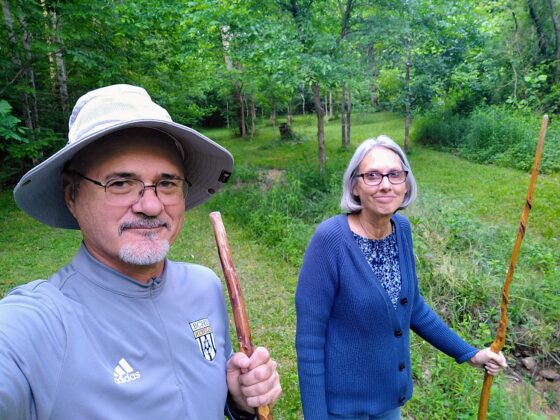We’ve been flying around the country for the last three years, visiting dozens of towns that are reinventing themselves after some kind of big economic or demographic change. I have also, in a way, matched those flights stroke by stroke in America’s public swimming pools. On our first day on the ground in any town, I search for a public pool. I started swimming around the country as a way to maintain some sense of normal in my physical activity after all that flying. And then I came to appreciate it as another window into the culture and spirit of the towns we visited. I wish Ryan Lochte could share some of my experience.
Like much of America—and I’m betting most of the many hundreds of kids I have seen swimming in pools around the nation, too—I was glued to the Olympic swimming events. Katie Ledecky, Maya DiRado, Michael Phelps, truth-teller Lilly King. And then, enter Ryan Lochte.
Unless you were under water for the past week, you know the Olympic story of Ryan Lochte. And you may have even seen Lochte’s fumbling apology to NBC’s clearly angry Matt Lauer, to whom Lochte had first related what he now says was an “over-exaggerated” story of his Rio run-ins. At one point, Lauer asked Lochte about plans for redemption. Lochte indicated that he is still is holding open the door for a return to the Olympics in four years. Michael Phelps did that after his DUIs. And maybe that’s what gave Lochte the idea that the world would embrace him once again if he reformed and won a tonnage of gold.
But Lochte’s case is different, and his plan for redemption should be different. Phelps’s meltdown was as a private citizen and not as an ambassador for America on the world stage, wearing his official USA Swimming regalia. I was happy to see Phelps turn his life around and swim himself to a different, more mature place. But Lochte? I’m not looking for a four-year commitment to his winning a bunch of gold medals in Tokyo. No, I’m not looking for that kind of victory. I’m looking for a payback to all those kids I saw in all those swimming pools I visited around the United States who were excited about USA Swimming and its swimmers, including Lochte.
Here’s what I suggest: USA Swimming and the U.S. Olympic Committee should offer Lochte a trip around the country—to the kinds of communities I have seen, ones that use swimming as a way to teach the value of discipline, dependability, teamwork, and good behavior. They could ask Lochte to search his soul and come up with some thoughtful, articulate, and truthful way of explaining his behavior in Rio—how it spun out of control and what he learned from it. Then he could tell that story to the nation’s kids—one pool at a time.
He could start with some of the nation’s more than 2,700 YMCAs, which are invariably welcoming, from Burlington, Vermont, to Redlands, California, and from Duluth, Minnesota, to Columbus, Mississippi. YMCAs find it perfectly natural that a stranger or an out-of-towner might show up—just like libraries do. In Rapid City, South Dakota, for example, the receptionist waived the daily entry fee for me because she was worried that I only had an hour before closing—not enough to get my money’s worth. That wasn’t unusual. They wish you a good workout when you enter and ask if you enjoyed it when you leave.
The Ys and other public pools are as democratic a place as you’ll find anywhere in a town. All strata of a town’s society mingle at the public pools. You can tell in many towns that the hot showers at the Y are the nicest that some patrons are able to afford. You can see, as in Holland, Michigan, the mix of cultures at the pool on the board that showcases the teenage swimming record-holders, from the traditional Dutch stock of Vans to the more recent arrivals of Garcias. In my hometown of Washington, D.C., I run into everyone at the Y, from kids attending the elite Sidwell Friends School—a frequent choice of presidential families—to kids from Woodrow Wilson High School, which is next door to the pool and whose enrollment is 46 percent black, 17 percent Hispanic, and 24 percent white.
In Winters, California, the public pool is next door to the library, and the kids ping-pong from one to the other during summer vacation. In Bend, Oregon, high schoolers compete as swimmers to score a first job as one of the lifeguards, who work with precision clockwork and dependability in setting up lanes or moving pool dividers. In Dodge City, Kansas, where the new public pool opened this summer, school kids of all ages give up their summer sleep-ins to start swim-team practice by 7 a.m., before the pool officially opens for fun. In Greenville, South Carolina, you can swim in a different YMCA or public pool nearly every day of the week, every day of the year.
Consequences are surely coming to Ryan Lochte. Business disapproval began on Monday, when his four major sponsors canceled their endorsement contracts with Lochte. The lost contracts will hurt him. More public disapproval will follow. And now, USA Swimming—whom Lochte has perhaps hurt the most as a reflection of its current and future American swimmers—has a chance to come up with a creative, positive way to address Lochte. I hope they will ask him to explain himself to the kids swimming America’s pools. And I hope Lochte will do the right thing.
That kind of public service would be a much stronger display of Lochte’s commitment to restitution, and to his sport, than more gold medals around his neck.




